The Role of Testosterone
How PTSD affects levels of Testosterone in Men, Nearly 80% of men with TBI or PTSD suffer from low testosterone. Medical researchers have proven that testosterone replacement therapy can improve brain function, concentration, and general well-being, reducing the life-altering strain these brain injuries have on men.
Testosterone
and Depression
Testosterone
and Depression
Testosterone plays a critical role in how the brain uses neurotransmitters to fight off mental illness. In men with depression, testosterone can increase dopamine release in the mesolimbic system (the reward pathway), which may protect against the inability to feel pleasure (anhedonia) caused by depression.
Testosterone
and Anxiety
Testosterone
and Anxiety
Chronic stress causes alterations in brain function, leading to anxiety and depressive disorders affecting the hippocampus, amygdala, and prefrontal cortex. When men suffer from low testosterone, the brain minds the gap with cortisol, leading to elevated heart rate and high blood pressure.
How Testosterone Therapy May Help
In a study at the University of Washington, researchers measured pituitary function in veterans with and without blast-related TBI. Results found that 11 of 26 (42%) with blast-related injuries had hormone imbalances, while the control group did not show hormone imbalance. Testosterone replacement therapy helps return testosterone levels to optimal ranges, promoting healthy brain activity from neurophysiology, sexuality, and psychology to aging, leading to an improved quality of life.
How TBI and PTSD May Affect Sex Drive
50% Experience Low Sex Drive
40-60% Experience Erectile Dysfunction
40% Experience Difficulty Reaching Orgasm
How the Brain Uses Testosterone
Testosterone plays a crucial role in the brain, from organizational to bodily activation effects. Testosterone helps keep the brain's psychophysiology (mental process) running smoothly. Testosterone is strongly dependent on cognitive, emotional, and biobehavioral functions. Researchers have repeatedly confirmed that as men age, testosterone naturally decreases, hindering the brain's normal functions.

TBI, PTSD and Veterans
According to the American Speech-Language-Hearing Association and the Department of Defense, Traumatic brain injury (TBI) and post-traumatic stress disorder (PTSD) are frequently comorbid in veterans . According to the American Speech-Language-Hearing Association and the Department of Defense, Traumatic brain injury (TBI) and post-traumatic stress disorder (PTSD) are frequently comorbid in veterans veterans of war/deployment. wars.
The Department of Defense (DOD) defines the following levels of severity (Defense Health Agency, 2019):
